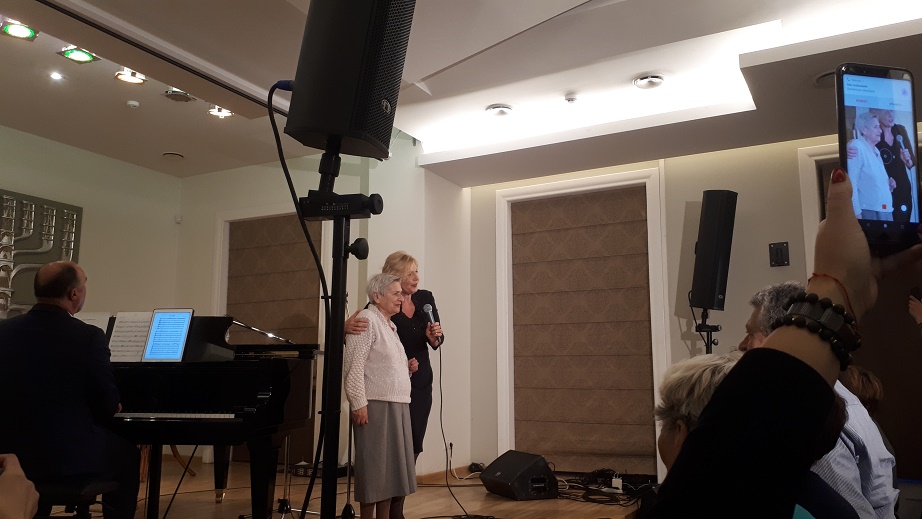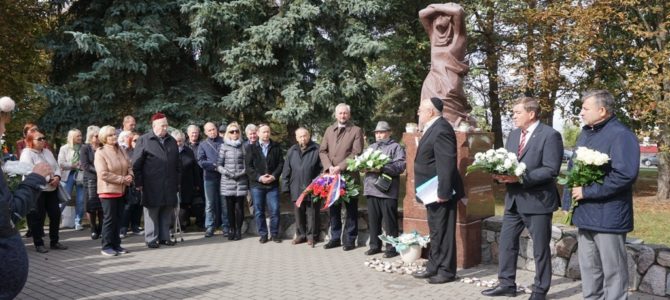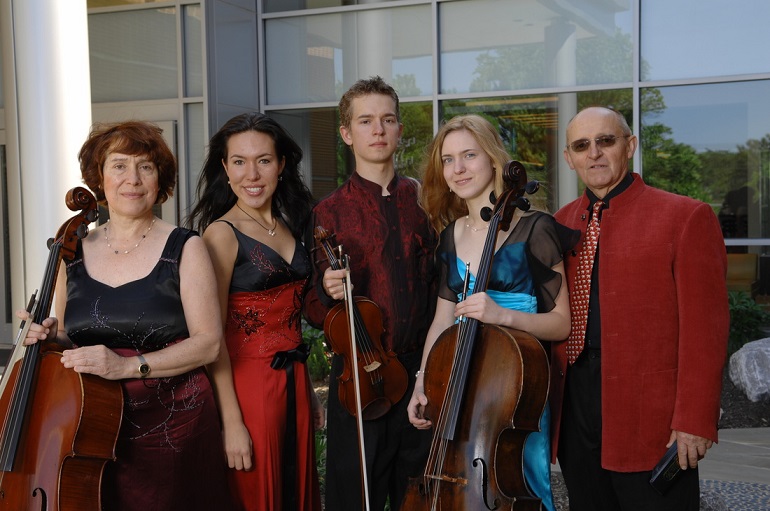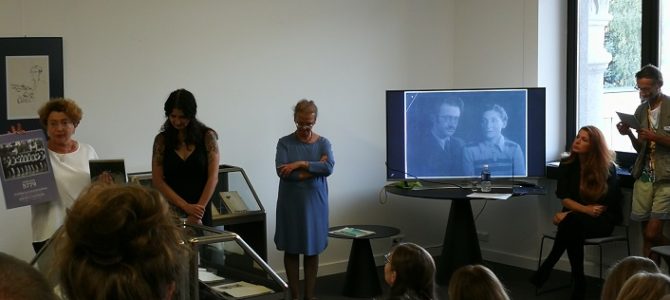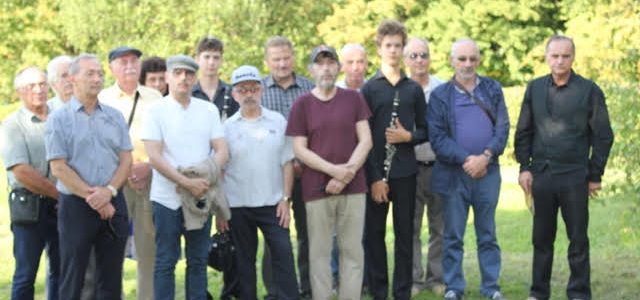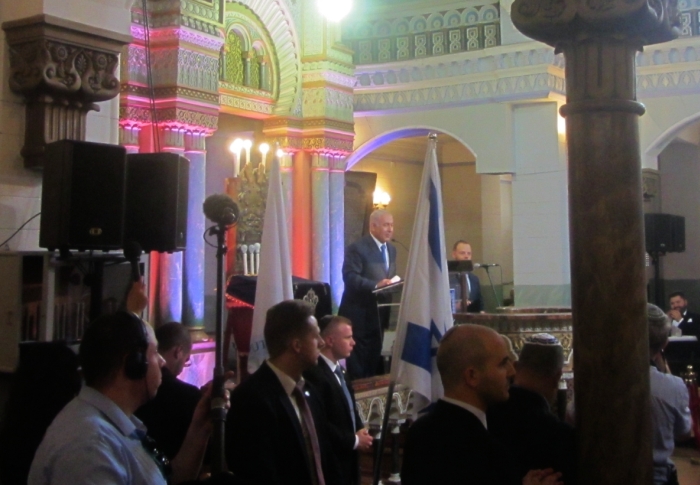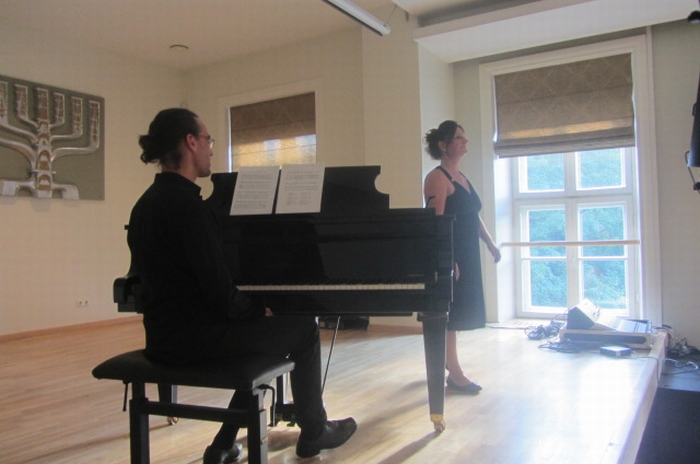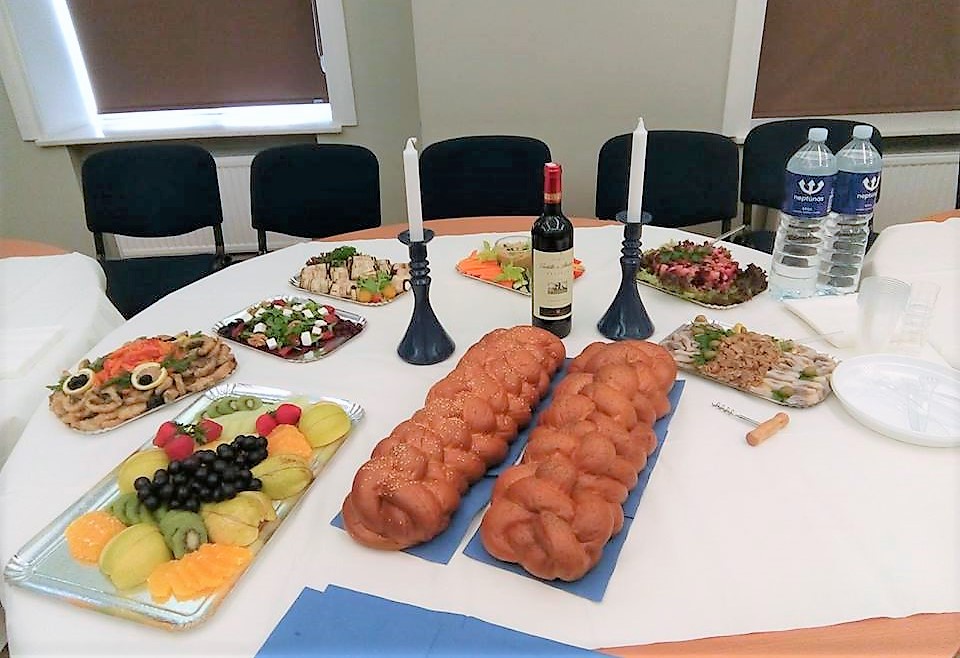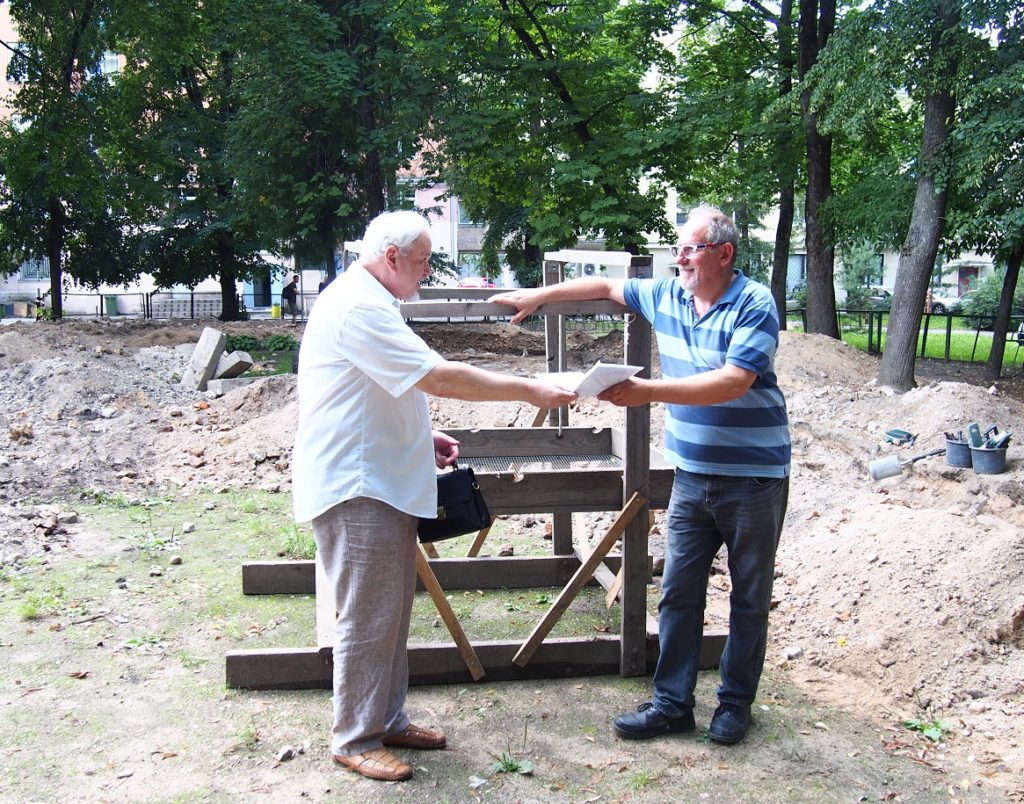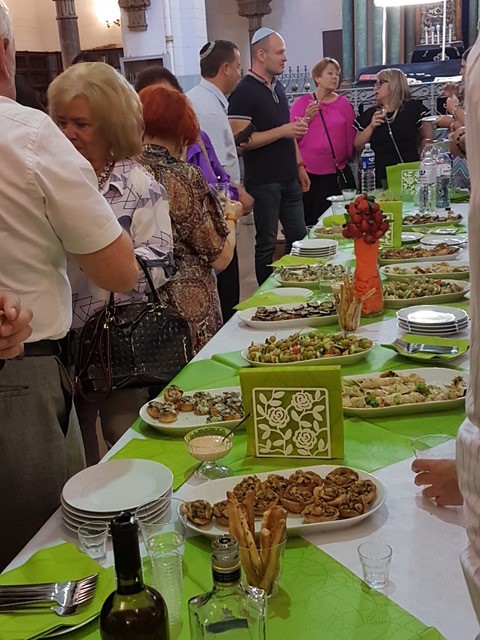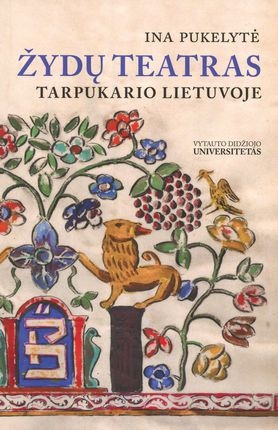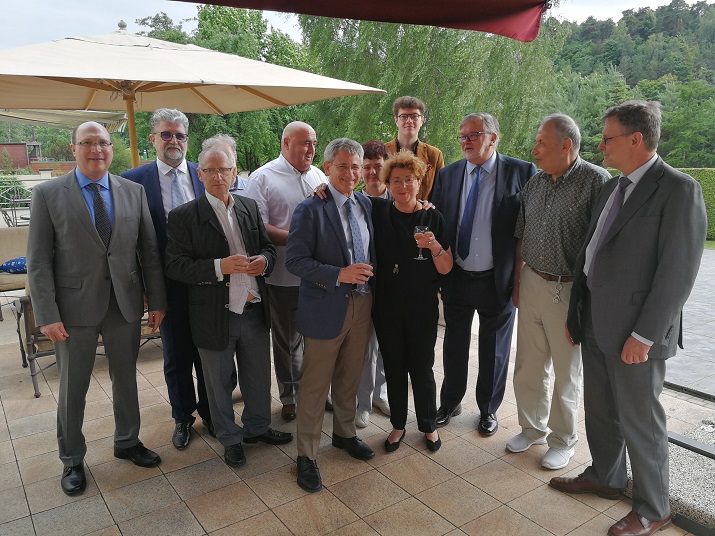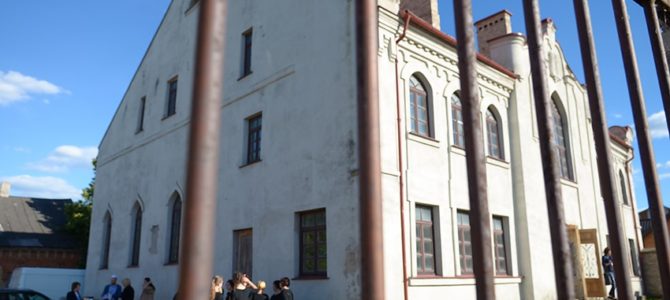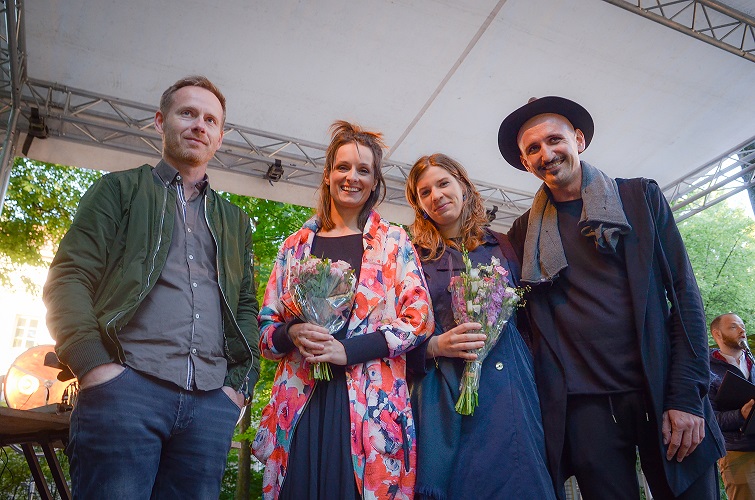
Programme
September 18
2:00 P.M. Reading of the names of prisoners of the Šiauliai ghetto, library of the Lithuanian Academy of Sciences, Žygimantų street no. 1 (time subject to change)
September 21
3.00 P.M. Ceremony to unveil memory stones commemorating Lithuania’s Righteous Gentiles, Garden of the Missionaries, Mairono street.
September 22
6:00 P.M. Premiere of the play Ghetto, Kaunas National Drama Theater, Laisvės prospect no. 71
September 23
10:00 A.M. Reading of the names of Vilnius ghetto prisoners, Choral Synagogue, Pylimo street no. 39
12 noon Readings from the diary of Yitzhak Rudashevski in the former ghetto (location to be announced)
2:00 P.M. Commemoration ceremony at the Ponar mass murder site, Ponar Memorial Complex, Agrastų street
* Pope Francis to honor Holocaust victims in ghetto territory in Vilnius Old Town
6.00 P.M. World Premiere by Giedrius Kuprevičius “Under David’s Star”, Vaidila Theatre, A. Jakšto street no. 9
September 26
6:00 P.M. Tenor Rafailas Karpis, pianist Darius Mažintas and poet Sergejus Kanovičius present “Embrace the Past Tense.” Can Yiddish and Lithuanian meet under one roof? Is it possible to recognize a lullaby if it is sung in unknown words? Is dialogue possible between those singing in Yiddish and those reading their work in Lithuanian? Can love, longing and shared grief meet in memory? The Old Arsenal, Arsenalo street no. 3
September 27
6:00 P.M. Evening of Vilna Ghetto songs by Marija Krupoves, Lithuanian Jewish Community, Pylimo street no. 4
September 28
Commemorative Sabbath, Lithuanian Jewish Community, Pylimo street no. 4
October 4
6:30 P.M. “Heroism against Destruction,” an evening of creativity by Nechama Lifshitz Ensemble (Israel) dedicated to the memory of the victims of the Holocaust. Theater Hall, Vilnius University, Universiteto street no. 3
For more information write info@lzb.lt or call +370 672 40942
